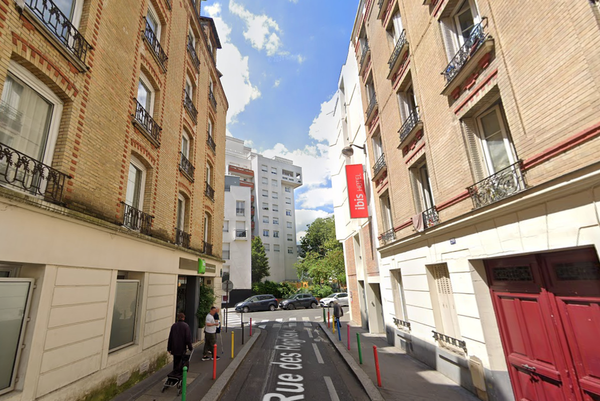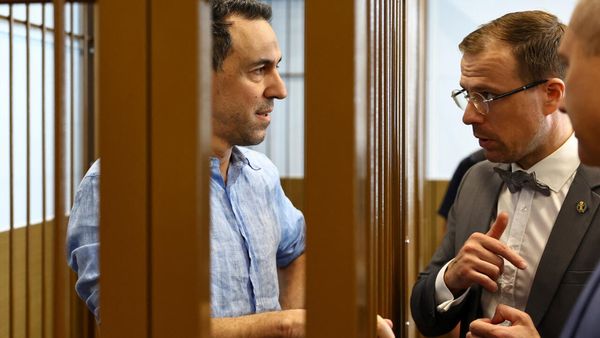A Northern Midlands farmer has opened his farm to local Indigenous groups to give access to significant cultural sites, prompting a call by the Tasmanian Aboriginal Centre for more farmers to do the same.
Julian von Bibra is sharing access to quarries, caves and critically endangered native grasslands.
"At the moment, we have an understanding with the landholder that the Aboriginal community can come and visit this site any time," Andry Sculthorpe, heritage and land worker with the Tasmanian Aboriginal Centre said.
An Indigenous quarry with evidence of tool making is an important cultural site on the land.
Ancient Indigenous quarry site
"The Tyrernotepanner, who lived in this area known as Mackerler (Ross), they would have come here for thousands of years collecting this stone source here," Mr Sculthorpe said.
"This is a really good stone for making stone tools. This would have been used by them, but also traded among other tribes."
The realisation that Tasmanian Aboriginals had little cultural connection with the Northern Midlands — an area south of Launceston — because of tightly held private property, prompted farmer Julian von Bibra to reach out to Aboriginal groups to access his land.
"You look at our family with 100 years on this property and feeling really connected," Julian von Bibra said.
"And I reflect on what it must be like for the Aboriginal community to have lost access to most of Tasmania and to feel that lifestyle was lost.
"That weighs heavily on me and I feel we can explore opportunities to create closer ties, create access and to have a more shared landscape."
Sharing a connection to land
The property has been worked by four generations of the von Bibra family and is prime merino farming land with native grassy plains, water and shelter.
According to Mr Sculthorpe, it was also prime land for Tasmanian Aboriginals as was land on many other private rural properties.
At Beaufront, there is now joint work between the farmer and Indigenous groups on fire management, burning and care of native grasslands.
"It's been really positive. I've really enjoyed the experience. I've learnt a lot through it," Mr von Bibra said.
"It comes down to trust and relationship, and I've found the Aboriginal community in Tasmania has been really supportive of the work we're doing."
The Tasmanian Aboriginal Community is urging more farmers to open their properties to Indigenous groups and share knowledge of cultural sites.
Mr Sculthorpe said there was often reluctance from farmers to talk about what Indigenous evidence was on their private land.
Plea to farmers to share knowledge
"There's a lot of private land in Tasmania and we know that private land areas were areas that were heavily used by Aboriginal people because they were the attractive places for people to establish themselves," Mr Sculthorpe said.
"Ultimately, it's about care and protection of those sites, but it's also about connection.
"The Aboriginal community has been alienated from a lot of cultural heritage sites in Tasmania and there is a strong desire to reconnect with those important places."
Mr Sculthorpe believes part of the secrecy lies in the fear that land could be taken off farmers.
"There still exists a concern that somehow landholders are going to have their land taken away from them or heavily restricted," he said.
"From our point of view, our priority is about care and protection and connection for the community. And to help the wider public understand how important these heritage places are for everyone."
Dual naming of landmarks
Meanwhile, the growing relationship between the farmer and the Indigenous group has also resulted in a joint, successful push to recover the original name of the local river to Tinamirakuna/Macquarie River.
"Those things are important in cohesion of the community and building pride as well."
Mr Sculthorpe said that there had been at least 50 years of cultural development and learning to give contemporary Indigenous people the cultural skills and practices to be able to pass on cultural knowledge and develop language.
"There's generations of work behind this. The theme of NAIDOC week: Get Up! Stand Up! Show Up! That's pointing to the history of the struggles of the Tasmanian Aboriginal community to become recognised and to get things done," he said.







